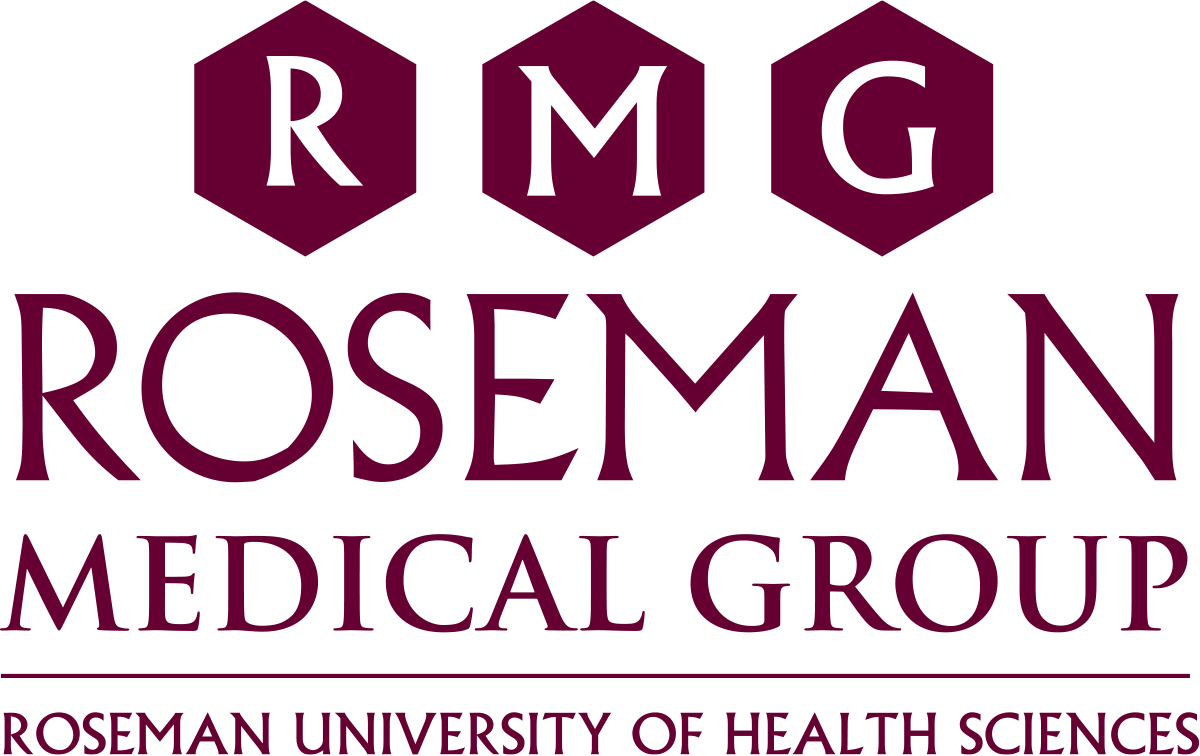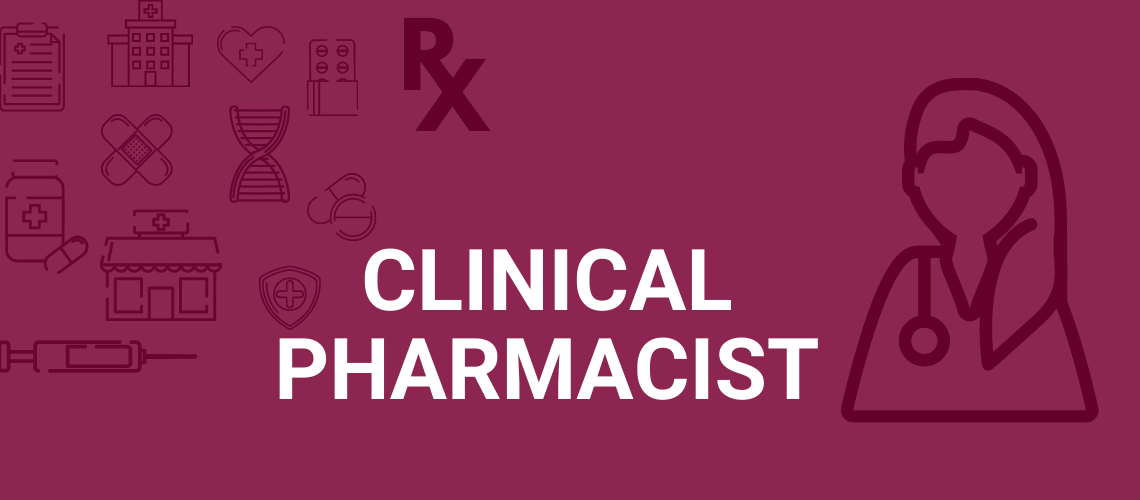National Health Professions Week is a chance for aspiring healthcare professionals to explore careers in the health professions through reliable, accessible resources. This year we are providing an inside look into Clinical Pharmacy for all those aspiring pharmacists, or patients wanting to know more about the profession and person behind their care.
What is a Clinical Pharmacist?
Pharmacy is practiced in a variety of settings. Regardless of the setting, pharmacists work in concert with patients and their healthcare providers to promote health; prevent disease; and assess, monitor, initiate, and modify medications.
Clinical Pharmacists work in hospitals and other health care settings, such as family practices. They partner with doctors and other providers as a critical part of the care team providing medication therapy and management for clients who have complex chronic conditions such as diabetes and heart disease. Because these diseases require multiple prescriptions with potential drug interactions, clinical pharmacists play a vital role in the patient’s overall treatment and health outcomes.
Get an inside look at the educational journey of becoming a clinical pharmacist and how a clinical pharmacist streamlines care and allows for treatment of the whole patient with Roseman Medical Group’s Clinical Pharmacist, Dr. KayLynn Bowman, a graduate of Roseman University of Health Sciences Doctor of Pharmacy Program, class of 2007.
The Education & Experience of a Pharmacist
Q: What drew you to the field of pharmacy?
A: I wanted to work in the health field and the pharmacy program at Roseman had an innovative educational design that met my professional needs.
Q: How has earning your PharmD changed your life?
A: I am able to work at the top of my field by earning a PharmD. I enjoy attending conferences and participating in local and national pharmacy organizations.
Q: Which has been more valuable in your career, your education or your experience?
A: I have always enjoyed educational opportunities and achieving my PharmD was a career goal, however the experiences I gain as a pharmacist are what make me unique and allow me to stand out from others.
Q: How long have you worked in this industry?
A: I have been a licensed pharmacist in Nevada for 13 years.
Q: What skills did you develop early in your career?
A: I learned to apply learning in class to helping patients in the pharmacy setting. There must be a time when all the book work must be transitioned to real world experiences. I learned early on to be myself and that it was alright take the time to look up information in order to answer a patient’s question correctly. Patients know when you care and that starts with being the best version of yourself.
Patient-centered Care
Q: What is your favorite part of your job?
A: Working with patients by educating them on how medications work and how to make healthier choices is my favorite part of being a pharmacist.
Q: What do you do at work on a daily basis?
A: As a community pharmacist I spend much of my day reviewing provider medication orders, verifying medications are labeled and packaged correctly, counseling patients on drug therapies, answering health questions, providing immunizations and precepting pharmacy students. Part of my day includes talking with patients about medication adherence, medication synchronization, and providing medication reviews.
Q: Who or what inspires you?
A: I am inspired by always asking questions and wanting to know more, including where the field of pharmacy is heading in the future. I want to be a part of making a difference and changing the lives of people, and communities, for the better.
Q: How has the industry changed since you started?
A: There is a greater focus on patient care outcomes and not just the number of prescriptions filled each day. There is still work to be done by the pharmacy profession.
Q: What has been your biggest success factor?
A: I measure success when patients thank me for my help and when they ask for me personally because of the difference I made in their lives.
In-depth Information for Aspiring Pharmacists
Q: What advice would you give to an aspiring pharmacist?
A: Be ready to be flexible and spend time asking questions about what pharmacists are doing and where the field of pharmacy is going in the next five, 10, 15 years down the road.
Q: What hard skills and soft skills should someone in your field have?
A: Skills needed include having a strong science background in biology and chemistry along with strong skills in math (including Calculus). Other skills include the ability to communicate well both written and verbally. Learning to work with others and networking will help when applying for a residency or employment.
Q: What skills have you found vital to your job?
A: Learning how to communicate with others in a positive and empathetic manner. Being able to solve problems in an efficient and effective manner. Having a lot of patience when dealing with others that are not at their best.
Q: What should an aspiring pharmacist be doing to improve their career prospects?
A: Students aspiring to enter the field of pharmacy need to be aware of the many opportunities that are out there to provide care beyond a dispensary function.
Q: Where do you see the industry going in the future?
A: There needs to be a time when pharmacists are acknowledged as providers of care and compensated for our clinical skills and abilities.
Q: What professional associations are you a member of?
A: American Pharmacists Association, American Society of Consultant Pharmacists, and Nevada Pharmacy Alliance
Have you been diagnosed with diabetes, high blood pressure, high cholesterol and are using prescription or nonprescription medications, herbal products, and other dietary supplements? Do you need help in understanding your medications, controlling costs, and improving your overall health outcome? Dr. KayLynn Bowman in conjunction with Roseman Medical Group’s caring providers are here to help. Call 702-463-4040 to schedule an appointment today.
Visit Roseman University College of Pharmacy for more information on acquiring a PharmD and becoming a part of this evolving industry.
Article by Kristine Campo


